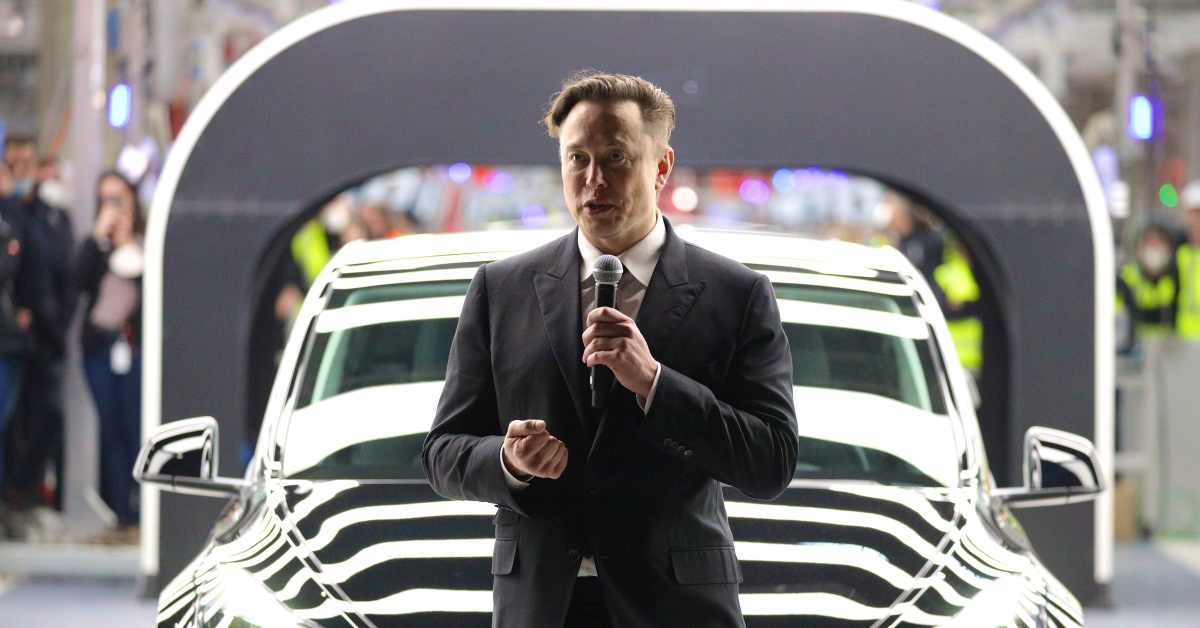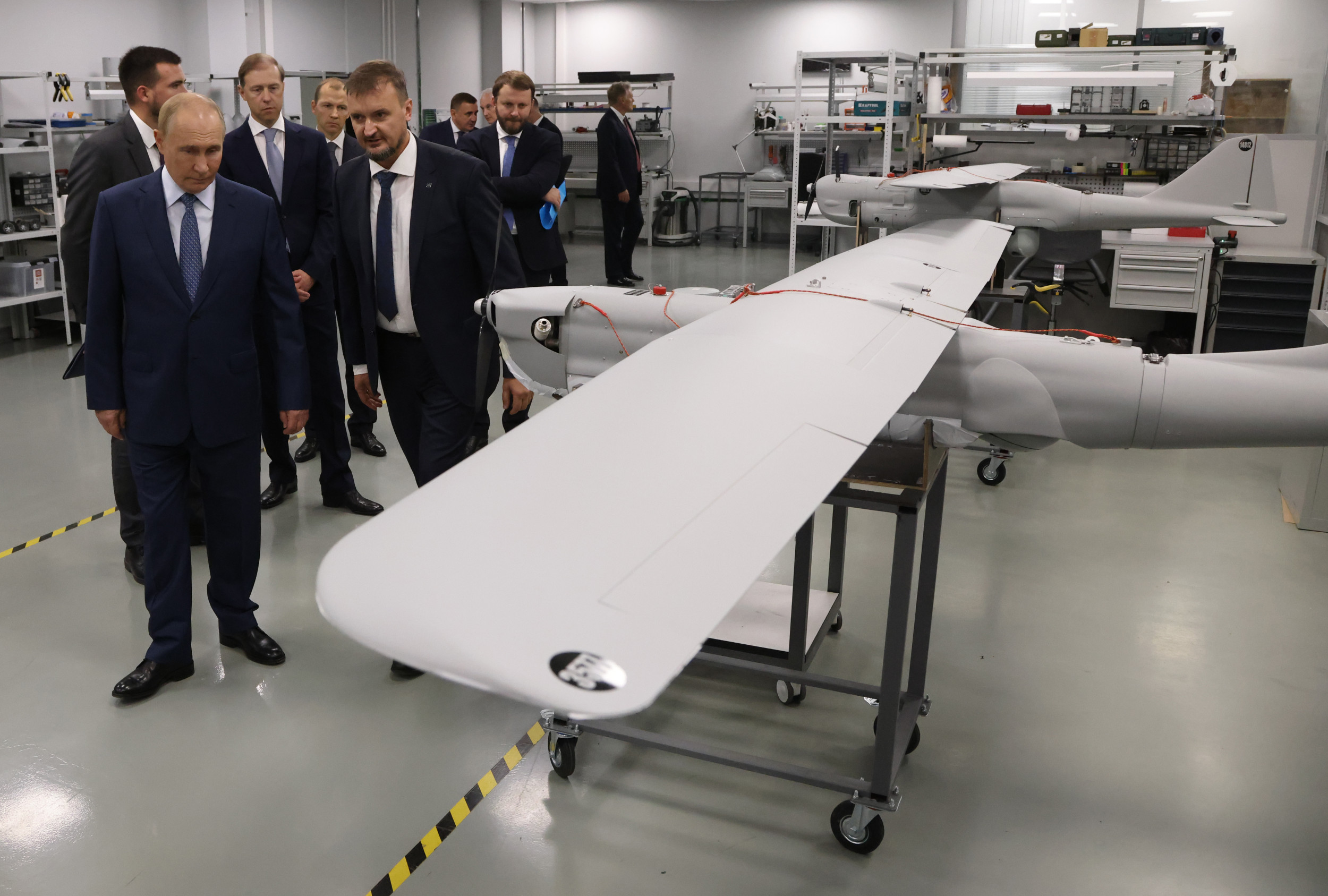Tesla Autopilot: Elon Musk Claims It's Safer Than Human Drivers - New Data Reveals the Proof

The debate surrounding the safety of autonomous driving technology continues, but Tesla CEO Elon Musk is doubling down on his assertion that Tesla's Autopilot system is demonstrably safer than human drivers. Recent data released by Tesla provides compelling evidence to support this claim, fueling the ongoing discussion about the future of automotive safety.
For years, Musk has been a vocal proponent of Autopilot's safety, often citing statistical data to back his statements. However, skepticism remains, particularly in light of accidents involving Tesla vehicles operating with Autopilot engaged. This new data aims to directly address those concerns and offer a clearer picture of Autopilot's performance.
The Key Stat: Accidents Per Miles Driven
Tesla's latest revelation centers on a crucial metric: accidents per million miles driven. According to Tesla, their vehicles, when operating with Autopilot engaged, experience significantly fewer accidents than vehicles driven solely by humans. Specifically, Tesla reported that its vehicles traveling with Autopilot engaged have an accident rate that is approximately 78% lower than those driven by average human drivers. This is a dramatic figure and a significant shift in the narrative surrounding Autopilot's safety.
Understanding the Data and Its Limitations
It's important to approach this data with a critical eye. Tesla's data collection methods and the definition of “Autopilot engagement” are key factors to consider. The data only includes vehicles that have Autopilot enabled and actively engaged, meaning the miles driven under Autopilot supervision are a subset of Tesla's total miles driven. Furthermore, the “average human driver” benchmark can vary widely depending on location, driving conditions, and individual driver behavior.
However, even with these limitations, the sheer magnitude of the difference (78%) is noteworthy. It suggests that Autopilot, despite its imperfections, has the potential to significantly reduce accident rates when used correctly and in appropriate situations.
What Does This Mean for the Future of Driving?
Tesla's data contributes to the larger conversation about the future of autonomous driving. While fully self-driving cars are still years away, advancements in driver-assistance systems like Autopilot are already showing promise in improving road safety. This data reinforces the idea that automated systems, when properly developed and deployed, can potentially mitigate human error, which is a leading cause of accidents.
However, it also highlights the need for continuous improvement and rigorous testing. Tesla and other automakers must prioritize safety above all else and ensure that these systems are reliable, predictable, and capable of handling a wide range of driving scenarios. Driver education and responsible use of these technologies are also crucial for maximizing their safety benefits.
The Road Ahead
Elon Musk's unwavering belief in Autopilot's safety, coupled with this new data, provides a compelling argument for the potential of autonomous driving to transform transportation. While challenges remain, Tesla's ongoing efforts to refine and improve Autopilot demonstrate a commitment to making roads safer for everyone. The industry will be watching closely as Tesla continues to collect and analyze data, pushing the boundaries of what’s possible in driver-assistance technology.





